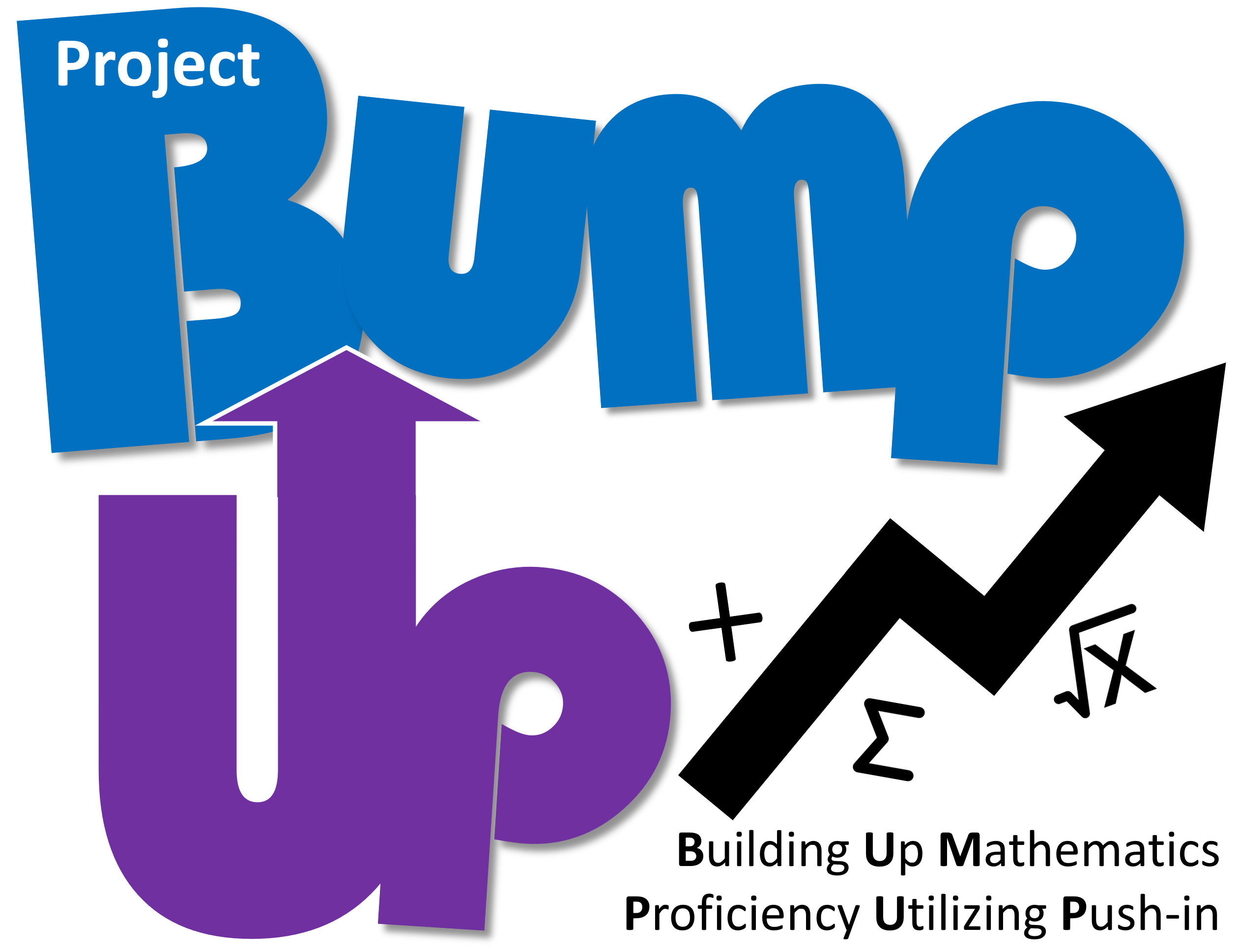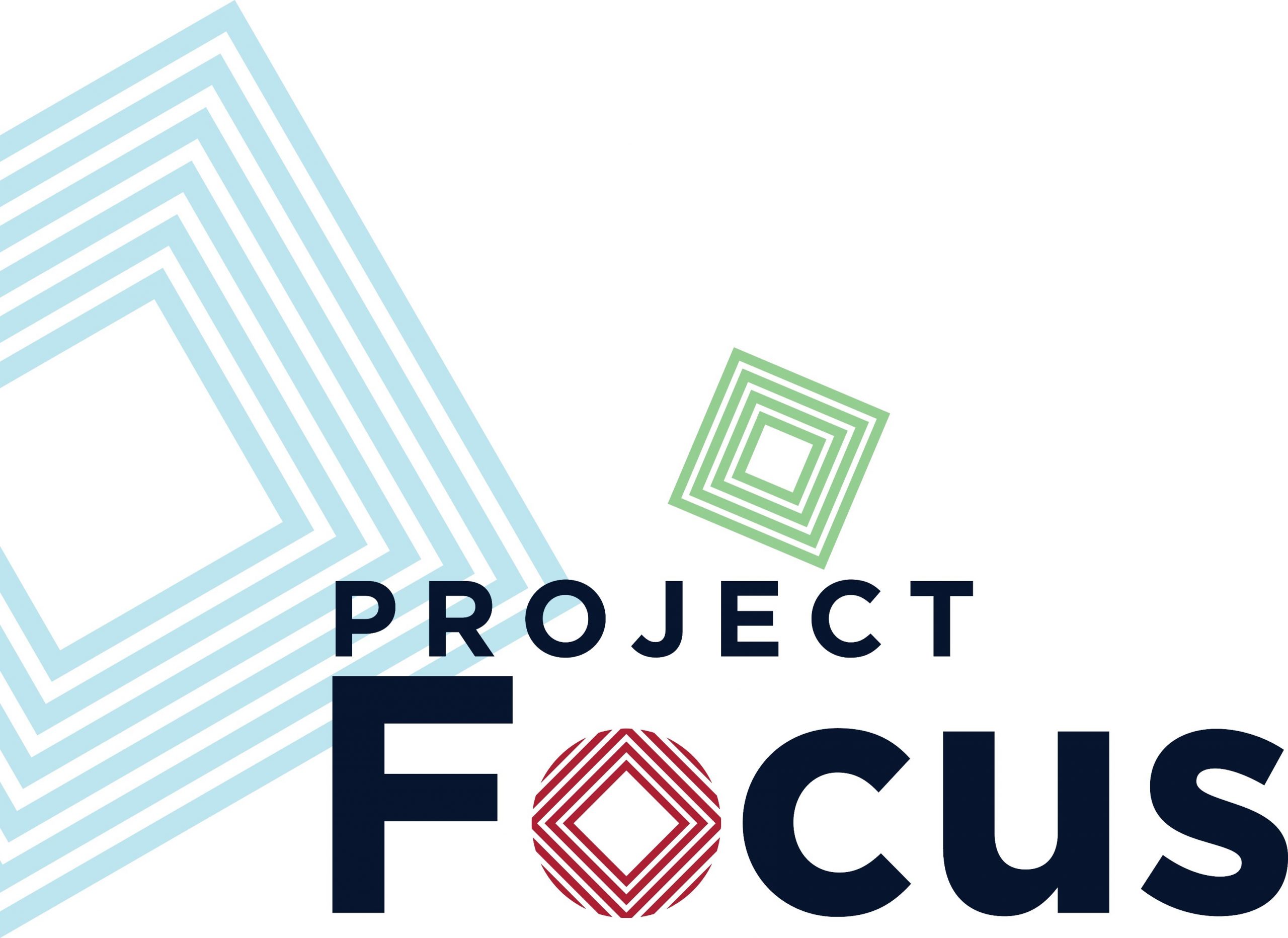Now, you can collaborate on research being conducted by the Renzulli Center
Currently Funded Research

The National Center for Research on Gifted Education (NCRGE) is the nation’s only federally funded research center dedicated to studying gifted education practices. Housed at the University of Connecticut, the Center is a collaborative team of research methodologists, economists, and gifted education specialists from University of California (UC) Berkeley, UC Santa Cruz, University of Connecticut, University of Iowa, and Michigan State.

There is clear and mounting evidence that gifted education must address the serious challenges associated with the underidentification and underservicing of diverse populations of gifted students. For example, English learners (ELs) are the fastest growing population of learners in the U.S., yet they are among the most underrepresented groups in gifted education. Each year, tens of thousands of talented young people are overlooked for gifted services simply because they learned a language other than English as a child. Their teachers focus on their limited English skills and fail to recognize the brilliant mind they possess. Project EAGLE (Eliciting Advanced Gifted Learning Evidence) addresses this issue by creating learning situations where students’ math talent and potential can be recognized. Project EAGLE Trainers are offering no cost one-day workshop in Arizona, Colorado, and Texas during the 2025-26 academic year.

Applying the pedagogy of gifted education and advanced instructional practices to general education classrooms, the Project BUMP UP (Building Up Mathematics Proficiency Utilizing Pushin) collaborative push-in model is designed to effectively meet the needs of mathematically advanced elementary students in the general education classroom and help them reach their full potential. The program ensures continuous progress and promote excellence in math achievement by modifying classroom experiences for talented math students, particularly those from underserved populations.

Previously Funded Research
Project 2e-ASD (2000-2024) was a groundbreaking initiative that identified and developed academic and non-academic strategies for high school and college students who had talents and were on the autism spectrum. In 2020, the CDC reported that one in fifty-four children were diagnosed with Autism Spectrum Disorder (ASD). However, there was little research on this population in the gifted community, and none with the scope of Project 2e-ASD. Project 2e-ASD addressed this research gap and provides evidence-based strategies for gifted students with ASD to reach their high school, college, and adult transition goals.
Thinking Like Mathematicians: Challenging All Grade 3 Students was a scale up of promising evidence-based quantitative and qualitative mathematics studies, identification and programming studies, and a qualitative study of identification practices for English learners, which were all funded by the Javits Gifted and Talented Students Education Act. These prior studies emphasized the importance of supporting and enhancing obvious and emergent talents of students from historically underrepresented groups (e.g., students who are from culturally, linguistically, and economically diverse communities or who are twice-exceptional [i.e., 2e: intellectual gifts and special needs]). This multisite randomized control trial project in 40-50 classrooms and 1,000-1,250 students in the Northeast continued this precedent. It was designed to yield additional data on the efficacy of using pre-differentiated (i.e., tiered lessons) and enriched, challenging, and engaging curriculum, based on Common Core State Standards and 21st Century Skills (4Cs: Communication, Collaboration, Critical Thinking, Creativity), to enhance the learning of all students in general education classrooms. It also served as a potential developmental identification strategy capitalizing on teachers’ observations of students’ performance and their reflections on students’ mathematical skills and understandings.
Through Project LIFT (Learning Informs Focused Teaching), we sought to enhance professional preparation and practice related to developing advanced academic potential in the primary grades, particularly in students from underserved populations. The project focused on teacher perceptions of high potential and use of instructional practices that encouraged and developed students’ advanced potential. The project encouraged increased teacher involvement in the process of eliciting, recognizing, and responding to high potential in the primary grades, as well as supporting the ongoing development of critical and creative thinking skills in all students.
Project SPARK (Supporting and Promoting Advanced Readiness in Kids) was a scaled-up version of the Young Scholars Model (Advanced Academic Programs [AAP] Office, 2013; Horn, 2014) as an approach to increasing representation of diverse groups in gifted programs and supporting achievement among these students. Project SPARK focused on early identification and intervention among students in grades K-2, providing supports during the school year and the summer to promote student readiness for gifted program identification, and broadening teacher perceptions of giftedness among students from diverse backgrounds.
Schoolwide Enrichment Model-Reading (2005–2011). The Schoolwide Enrichment Model Reading Framework (SEM-R) was an enrichment-based reading program designed to: Stimulate interest in and enjoyment of reading, Promote and develop higher reading achievement, Improve self-regulation and automaticity in reading, Encourage students to select high-interest books that are slightly to moderately above their current reading levels, and Create independent, lifelong readers.
Project M²—Mentoring Young Mathematicians (2007-2013). Project M² built upon the success of Project M³: Mentoring Mathematical Minds, a grade 3–6 advanced curriculum study. Studies investigating this curriculum found statistically significant gains on open-response, criterion-referenced, and standardized tests. The Project M² units focused on “in-depth” mathematics using research-based practices and standards in mathematics education and early childhood education. There is a geometry and measurement unit at each of the three levels, K, Level 1 and Level 2. In addition there are number units at Levels 1 and 2. The Project M² units have the Standards for Mathematical Practice as their core philosophy. Students think and act like practicing mathematicians.
Project M³—Mentoring Mathematical Minds (2002-2007). Project M³, Mentoring Mathematical Minds, began as a 6-year collaborative research effort of faculty at the University of Connecticut, Northern Kentucky University, and Boston University and teachers, administrators, and students in 11 schools of varying socioeconomic levels in Connecticut and Kentucky. In this initial development, a team of national experts in the fields of mathematics, mathematics education, and gifted education created a total of 12 curriculum units of advanced mathematics. As part of the grant, a research study on the effectiveness of the units in terms of student achievement was conducted with diverse students identified with mathematical talent.
The National Research Center on the Gifted and Talented (1990-2013). The National Research Center on Gifted and Talented (NRC/GT) successfully competed for a series of federally funded grants (1990-2013) under the Jacob K. Javits Gifted and Talented Education Act. Our final studies focused on What Works in Gifted Education with the mathematics study at the University of Connecticut and the reading/language arts study at the University of Virginia. The respective research teams developed model-based curricula in mathematics for grade 3 students in general education classrooms and reading/language arts curricula for grade 3 students in gifted and talented programs.